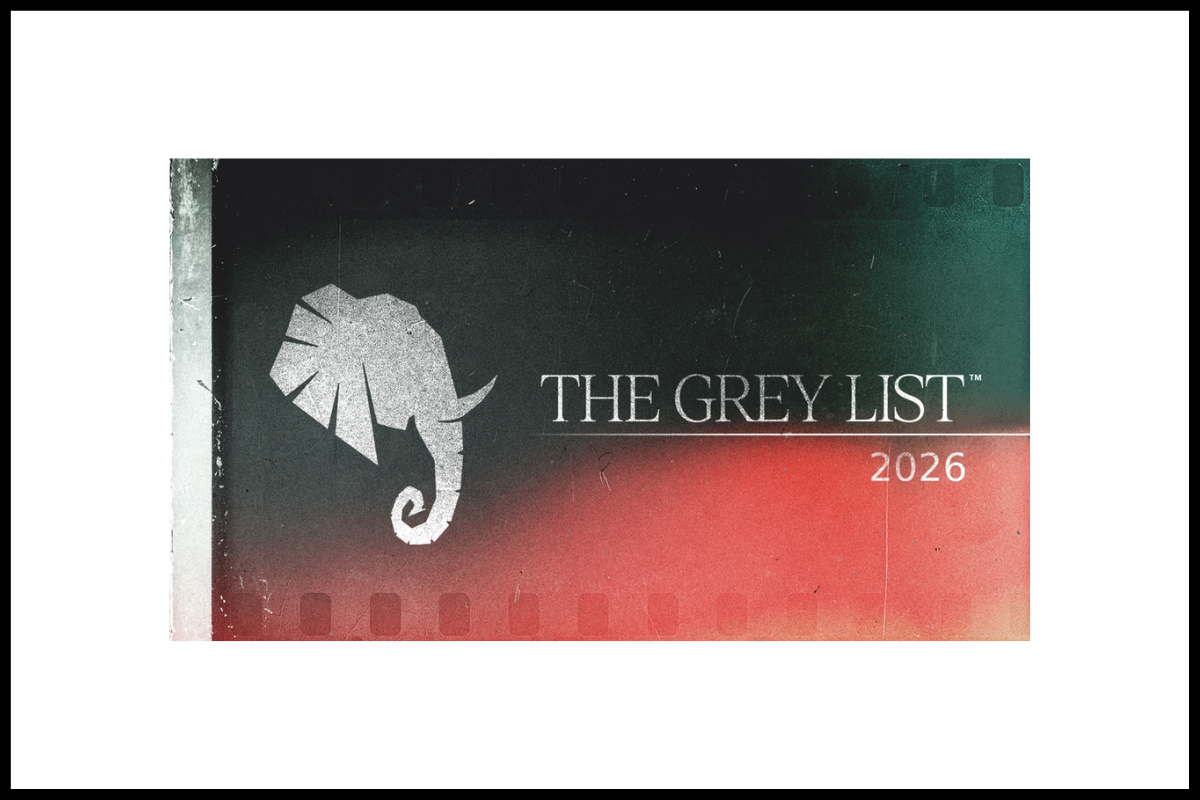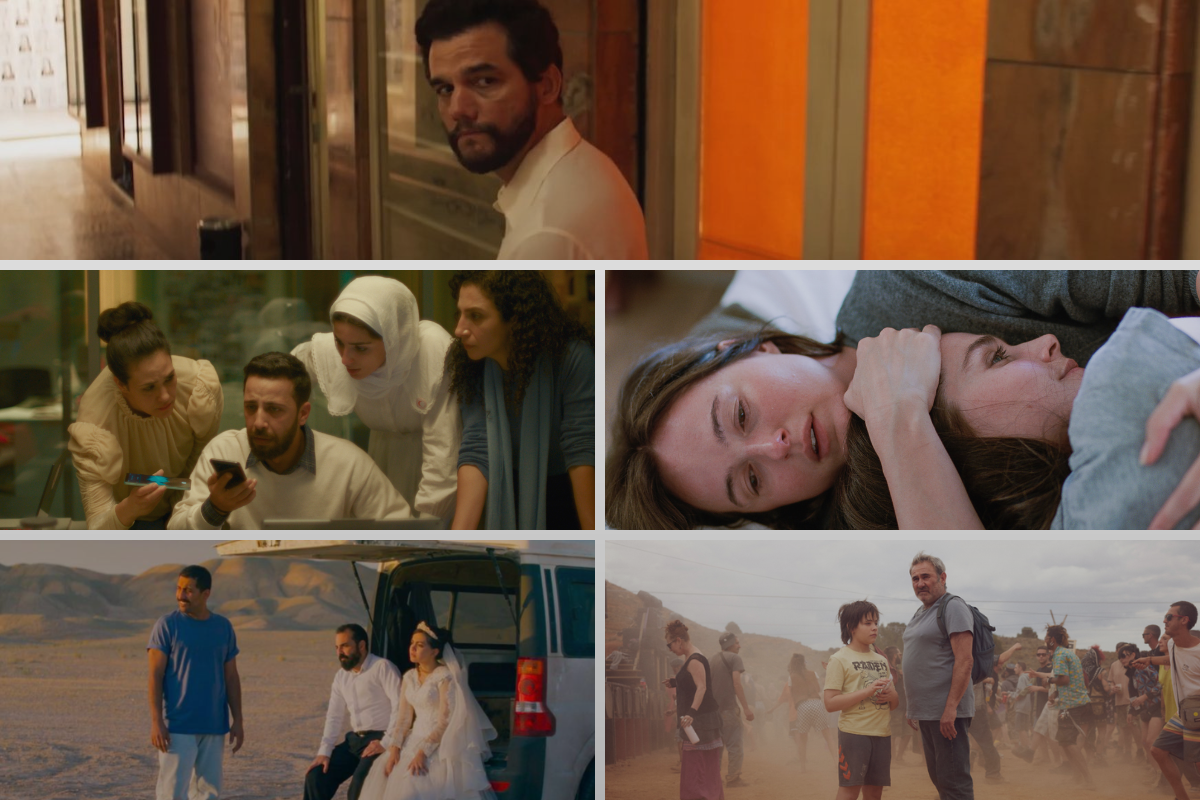IP or not IP? The Case For Original Voices in Screenwriting
When looking at the declining box office, let’s not blame the public for not coming out (and certainly not the writers).
As I write this, there’s a lot of discussion in the film world about the box office failure of Indiana Jones and the Dial of Destiny. With an estimated budget of $329M – plus another estimated $100M in marketing -- that means it must do at least $450M in order to break even. And that’s apparently going to be a tough nut to crack with its soft global opening.
While many studio heads must be scratching their heads wondering what happened, I don’t think it’s that hard to understand: It’s simply another example of studio miscalculation regarding pre-existing IP and the power of branding.
In other words, older fans of original films like Raiders of the Lost Ark won’t/don’t rush out to see sequels (and remakes). They’ll either wait for them to stream – or don’t care at all because they know sequels rarely live up to the original film they loved so much. And younger generations (for the most part), don’t care about the franchise/brand, including the original. Because the title means nothing to them. Even Harrison Ford means nothing to them (of course, no offense to Harrison Ford, one of my favorites).
The bottom line: Studios may think it’s less of a risk spending so much on a known brand, but they’d actually be better off creating original and fresh fare. The investment will be much smaller, and if the film is really good with lots of heart and strong characters, it will potentially draw viewers of all ages and demographics.
Were original movies better than those based on pre-existing IP? I think yes.
Back in 1981 – close to the time I started my own screenwriting career -- just 16% of studio movies were based on pre-existing IP, including adaptations, series, sequels, prequels, and remakes (both foreign and domestic). Not to mention movies based on toys, games, theme park rides, etc. that are increasingly produced these days.
That means over 80 percent of studio films at that time were based on original screenplays written directly for the screen. But today that number is almost reversed. Keep in mind that I’m talking studio films here and not independents, which are typically based on original screenplays.
Looking at this list of some of the best and most iconic original studio films of the 80s, I wonder how many would be produced today. Probably, not many.
- Back to the Future (1985)
- Raiders of The Lost Ark (1981)
- Big (1988)
- The Terminator (1984)
- Aliens (1986)
- Risky Business (1983)
- Ghostbusters (1984)
- Ferris Bueller’s Day Off (1986)
- E.T. the Extra-Terrestrial (1982)
- The Breakfast Club (1985)
- Rain Man (1988)
- Platoon (1986)
- Airplane! (1980)
- Lethal Weapon (1987)
- The Karate Kid (1984)
- Wall Street (1987)
- The Goonies (1985)
- Bull Durham (1988)
- Poltergeist (1982)
- Tootsie (1982)
- Moonstruck (1987)
- Private Benjamin (1980)
- Brubaker (1980)
- Fame (1980)
- Beverly Hills Cop (1984)
- Absence of Malice (1981)
- Diner (1982)
- An Officer and a Gentleman (1982)
- WarGames (1983)
- Broadcast News (1987)
- A Fish Called Wanda (1988)
- When Harry Met Sally (1989)
- Witness (1985)
OK, you get the idea. And this list doesn’t include many other iconic and original 80s films, much less all those before and after.
Again, my point here is that original studio films written directly for the screen have been some of our best films ever…the classics we all watch over and over. And, in many cases, the ones that started their own franchises.
So why have studios lost touch with what people really want to see? To a great degree, I believe it’s because they’re driven these days more by Wall Street than Main Street. And, as a result, they’ve lost their focus on what has always driven the business and audiences to theaters: Originality, empathy, and fresh and exciting new worlds and voices. In other words, studios are interested in what they think are the safest investments due to brand/title recognition – but what they’re really doing is turning away both young and older audiences by the miscalculations and contradictions before their very eyes.
Do not underestimate screenwriters and original thinking.
Based on the decline of original films – and even the embrace by studios regarding the potential of AI in storytelling -- it’s as if studios are forgetting that there are many very capable screenwriters who love movies and creating new stories with themes and characters that will resonate with audiences today. I consider myself one of them.
When we write screenplays, not only do we create a structure we believe is best for our story and film, but we also strive to create new worlds that are both entertaining and inspirational. Just like novelists and playwrights do for their respective mediums, screenwriters are specialists in knowing how to craft stories meant for our medium. Our original screenplays already take into account the basic parameters of feature-length filmmaking and production, in addition to the fundamentals of solid storytelling, such as developing character arcs within a realistic timeframe for a film.
As we all know, books don’t necessarily translate well onto the screen. And sequels and remakes rarely live up to the original – because the original film was written to be a self-contained story that stands alone on its own as a compelling piece of work.
Sure, I know there are always exceptions to the rule – and there have been many brilliant sequels and remakes (and adaptations). But I also know that all those works were once developed and written as original stories. And audiences obviously loved those original stories enough for studios to believe they’d want to see more. So why the reluctance to create original new stories that could very well create new sets of fans – and maybe even drive them into the theaters? Again, I believe it’s due to the studios’ singular focus on Wall Street and the illogical fear of risk-taking on original ideas.
Let’s not forget about the WGA strike.
I’d be remiss in not mentioning that the WGA strike -- which I completely support as a proud WGA member -- is also playing a key factor in the current soft summer box office. For without late-night talk shows, which are shuttered due to the strike, it’s a huge promotional loss for studio films. Oh, the irony of that.
So, when looking at the declining box office, let’s not blame the public for not coming out (and certainly not the writers). It’s the studios who need to take a hard look at what people really want to see in movies. And it’s obviously not the same ‘ol same ‘ol.
Learn more about the craft and business of screenwriting and television writing from our Script University courses!
A proud WGAW member, Larry was recognized in 2020 as one of the top "25 Screenwriters to Watch" by the Austin Film Festival, where he also serves as a panelist. In the last three years, Larry has had four original spec screenplays purchased, produced, and released: The Main Event, a Netflix Original; High Holiday, a Peacock Original; Flip Turn, an indie film available on Amazon Prime; and Sony's 5000 Blankets, winner of the Movieguide Award as 2022’s most inspirational TV/streaming movie. Larry's next project is Sessions, starring London-based actor/producer Nicholas Pinnock.







